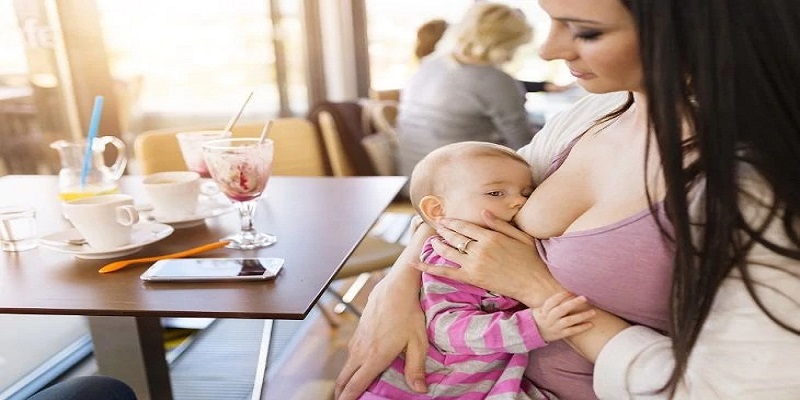It is a valid concern to have caffeine while breastfeeding. Fortunately, you don’t have to give up coffee just yet. Our article discusses how much coffee is considered safe for nursing mothers, the drawbacks of drinking coffee while breastfeeding, and coffee alternatives. Adding a loud, restless baby to your life and a whole new set of responsibilities may have you reconsidering your morning caffeine intake, even if you weren’t a caffeine addict before. What you eat can affect both your body and your baby when you’re breastfeeding. What does that mean for your (life-sustaining) caffeine consumption? The facts you need to know are listed below.
If I’m breastfeeding, should I avoid coffee?
No, that’s not true! It is perfectly safe for both mother and baby to consume caffeine while breastfeeding. Motherhood is busy, so you may have to heat up your coffee four times before you finish a cup! Realistically, only a tiny amount of caffeine will make its way into your breastmilk, and caffeine levels peak 1-2 hours after ingestion. There are many sources of caffeine, including coffee, tea, soft drinks, energy drinks, chocolate, as well as medications and herbal supplements.
Is my baby sensitive to caffeine?
You won’t usually notice any effects on your baby if you consume moderately. According to research, infant sleep habits and a mother’s caffeine consumption during pregnancy and breastfeeding do not correlate. Nevertheless, some newborns are sensitive to caffeine, especially if their mothers avoided it during pregnancy. Consider cutting back or eliminating caffeine for a couple of weeks if you notice your baby is fussy or has trouble sleeping after you drink it. As a baby grows, his or her sensitivity to caffeine decreases.
Does caffeine lower milk supply?
Caffeine has not been found to decrease milk supply after extensive research has been conducted on the subject. As a matter of fact, one study found that it can actually stimulate the production of milk. In the same vein, if your baby is sensitive to caffeine and doesn’t nurse well after you consume it, then your supply might be negatively affected indirectly.
Is caffeine different when breastfeeding?
Breastfeeding moms are not usually affected differently by caffeine. When sleep deprivation, hormone fluctuations, and everything else a new mom is dealing with, that extra jolt might have slightly different effects. When you do get the rare opportunity to rest, watch your caffeine consumption so it doesn’t interfere with your sleep. You lose an hour of sleep if you consume caffeine within six hours of bedtime. Hydration is also imperative. If you drink more coffee, you might need to rehydrate since caffeine is a diuretic. Postpartum anxiety affects approximately 10 to 17 percent of new moms, and caffeine has been shown to increase anxiety in some people.
Is caffeine good for you?
Caffeine-specifically coffee-can improves your health and extend your life. However, if you or your baby are experiencing some negative effects, reduce or eliminate your intake. Avoid “withdrawal” symptoms such as headaches and irritability by taking it slow. There’s a good chance you’re right if your usual amount doesn’t work anymore. Caffeine’s performance-enhancing effects can be diminished by chronic sleep deprivation. It’s possible to develop a tolerance to caffeine, but overdoing it may cause you to overdose.
How should I change from pre- to post-pregnancy?
A Venti cup from Starbucks contains 400 mg of caffeine, which has no negative health risks. Pregnant women should limit themselves to 200 mg a day. In some sources, 750 mg is okay for breastfeeding moms, a little less than a Grande at Starbucks. Different babies require different amounts of caffeine. Scale back or time your coffee break around your nursing schedule if it seems to affect naptime.

